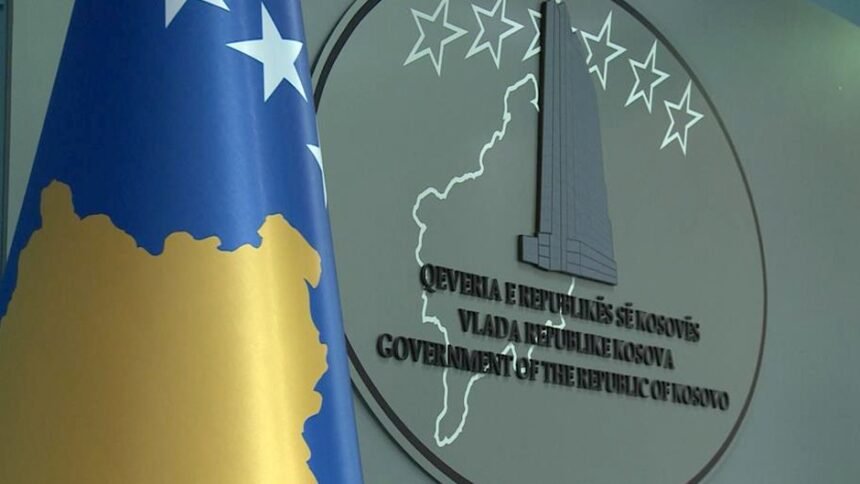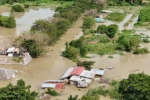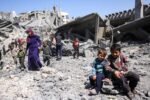The ongoing political deadlock in Kosovo continues to dominate public debate, with analysts and political figures stressing that extraordinary elections are the only way out of the institutional crisis.
Political analyst and journalist Halil Matoshi told Gazeta Blic that the parliamentary majority has held the country in blockade for six months, using the Serb List as an excuse for the institutional crisis.
“Six months of blockade from the majority, blaming the Serb List for blocking the state on one side, and the Constitutional Court for giving Serbia and this list a veto on the other side,” Matoshi said.
According to him, the 120 deputies have betrayed the people’s trust, acting under the influence of Albin Kurti, by failing to form institutions.
Matoshi described the current political situation as an “extreme irresponsibility under the cloak of primitive 19th–20th century nationalism”, adding that Kosovo is under attack from within.
“From ignorance. From the lack of awareness about the state as a modern structure of the Homeland, and a return to an Enverist interpretation of national rebirth,” he concluded.
Demhasaj: Early elections could create favorable conditions
Arton Demhasaj, member of AAK, also sees early elections as the only option for Kosovo to overcome the crisis. Speaking to Gazeta Blic, he said that elections would push political parties to act more cautiously and help create favorable conditions for forming institutions and a functioning government.
“Given the current situation, no political consensus has been found to resolve the crisis. This is no longer just a legal deadlock, but a political one. The only way out is undoubtedly early elections,” Demhasaj stated.
He further argued that fresh elections would force political parties to adjust their rhetoric during campaigns, paving the way for coalition agreements and the establishment of a government without further delays.
“In early elections, parties tend to be more careful with their words, and after the vote, opportunities for coalition deals arise, ensuring institutions and government are formed—avoiding the months of wasted time we have already lost,” Demhasaj concluded.







